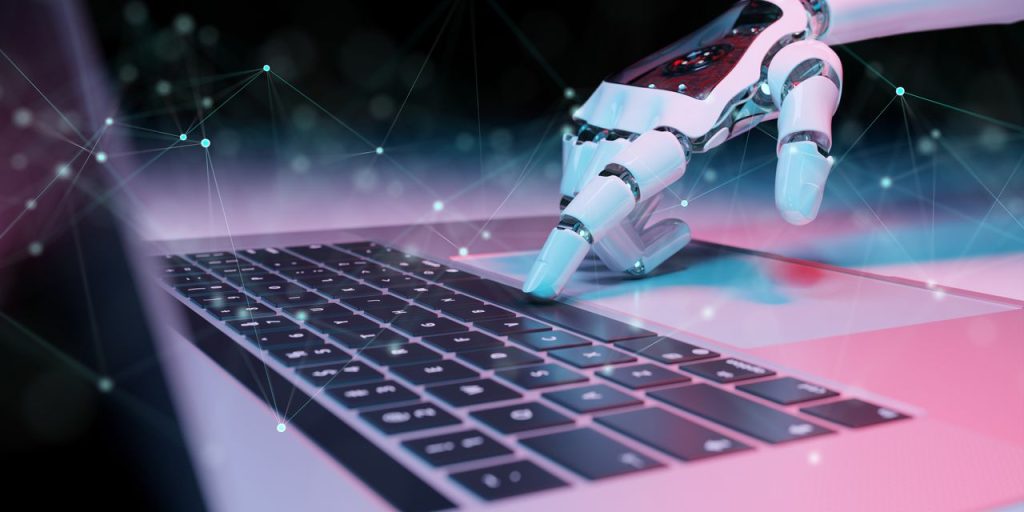Rapid developments in artificial-intelligence technology are stoking fears that wide swathes of jobs may soon be on the chopping block.
Deutsche Bank economists, in a Monday note, argued that such concerns are likely misplaced, at least as far as they relate to the potential to create a rise in joblessness.
Deutsche Bank
In the chart above, going back to 1755, they track long-term unemployment across what are now the G-7 nations versus past scares around technology and jobs. There have been quite a few since the advent of the Industrial Revolution, including the loom-smashing Luddites.
Key Words: ChatGPT’s Sam Altman: If AI goes wrong, it ‘can go quite wrong’
The data shows that technology doesn’t create unemployment, they said.
“It clearly shows that unemployment has oscillated based on economic cycles, rather than any technological waves. In fact, today’s median G7 unemployment rate of 3.8% is beneath the 5% UK rate at the start of the series in 1755,” they wrote.
“So even though virtually all of the jobs of 1755 no longer exist, the automation of different tasks did not lead to an ever-increasing spiral of unemployment,” they wrote. “Technology has always created the wealth and time to free up labor for alternative more productive employment and created industries and jobs we never knew we needed at the time.”
They acknowledged that this time could, indeed, be different. But argue that it likely won’t be.
Even if there are short-term disruptions to labor markets, the productivity-boosting potential of AI is desperately needed, the Deutsche Bank economists argued. And that, in turn, would be likely to create “more opportunity, jobs and wealth for society.” That means the nature of work will continue to change, but AI “will ultimately create more jobs than it destroys.”
Read the full article here
